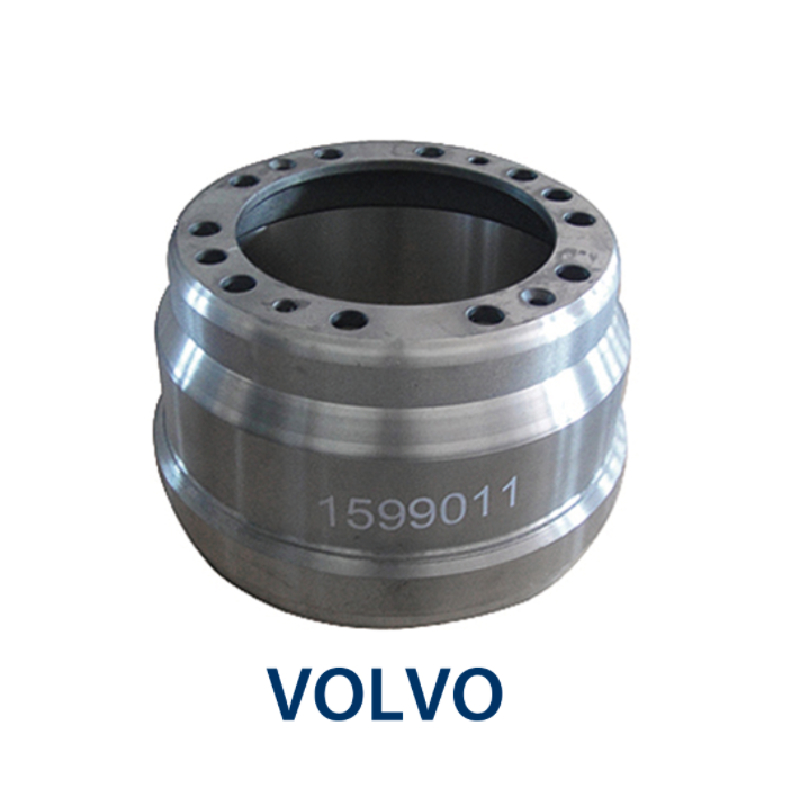9 月 . 11, 2024 02:06 Back to list
High-Quality Scrap Brake Drum Suppliers | Affordable Prices
The Importance of Recycling Scrap Brake Drums
In today's world, the emphasis on sustainability and environmental responsibility is more critical than ever. One often-overlooked component in the automotive industry that contributes to waste is the brake drum. Brake drums are crucial components of a vehicle's braking system, and as vehicles age or are retired, they frequently become scrap. However, scrap brake drums can be a valuable resource when properly recycled, contributing to both environmental conservation and economic efficiency.
Brake drums are typically made from cast iron or aluminum, both of which are highly recyclable materials. When brake drums are scrapped, they can be melted down and reformed into new products, significantly reducing the need for raw materials. This process not only conserves natural resources but also minimizes the environmental impact associated with mining and processing those materials. By recycling these components, we can help to close the loop in the manufacturing cycle, leading to a more sustainable future.
The recycling process of scrap brake drums begins with collection and sorting. Junkyards and recycling centers often have the necessary facilities to handle this process. Once collected, the brake drums are cleaned and inspected for contaminants, such as brake linings or other non-metal substances. After ensuring they are free from contaminants, the drums are crushed and compacted, making transportation and processing more efficient.
scrap brake drum

Next, the sorted scrap is sent to a foundry, where it is melted down at high temperatures. The molten metal is then poured into molds to create new products, effectively repurposing the materials that would have otherwise contributed to environmental degradation. This not only saves energy, as recycling metal uses significantly less energy than producing new metal from ore, but it also reduces carbon emissions, aiding in the fight against climate change.
Economically, recycling scrap brake drums offers a plethora of benefits. For businesses in the automotive sector, recycling can reduce disposal costs and create a new revenue stream from selling scrap metal. For consumers, utilizing recycled materials can often lead to lower prices on new automotive parts, as the costs associated with raw material extraction and processing can be significant.
Furthermore, recycling scrap brake drums promotes a circular economy, where products and materials are reused, repaired, and recycled, rather than being discarded. This approach not only optimizes resource use but also encourages innovation in product design and manufacturing, leading to new technologies and methodologies that further enhance sustainability in the automotive industry.
In conclusion, the recycling of scrap brake drums is a critical aspect of automotive waste management that should not be overlooked. It offers significant environmental benefits by conserving resources and reducing pollution while also providing economic advantages for businesses and consumers alike. As we continue to prioritize sustainability in our daily lives, it is essential to recognize the importance of recycling scrap brake drums and other automotive components. By embracing recycling, we can take meaningful steps toward creating a more sustainable future for our planet.
-
Brake Drum for Kamaz Trucks Durable OEM Replacement & High Performance
NewsMay.30,2025
-
Brake Drum Man High-Quality Drum Brake & Shoe Solutions
NewsMay.30,2025
-
High-Performance Brake Drum for Kamaz Trucks Durable Drum Brake Components
NewsMay.29,2025
-
Brake Drum Man High-Quality Drum Brake Drums & Brake Shoes
NewsMay.29,2025
-
Brake Drum MAZ High-Performance & Durable Replacement Parts
NewsMay.29,2025
-
heavy truck brake drums
NewsMar.07,2025
